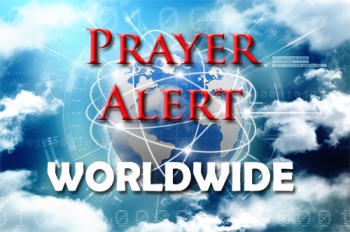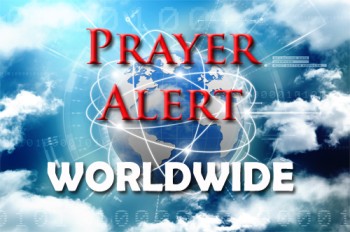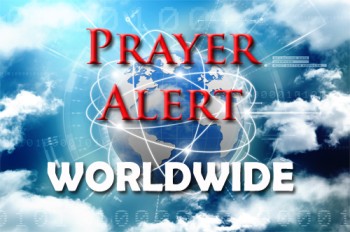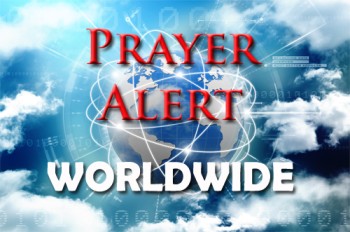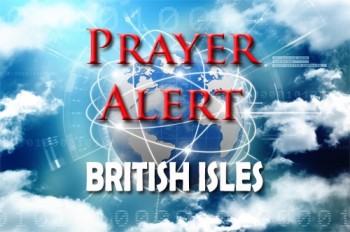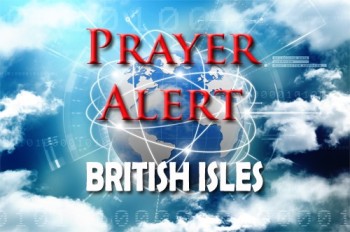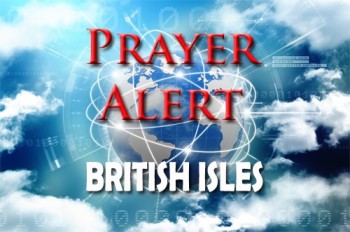Angola: landmines scourge
People are still dying or being maimed by one of the millions of landmines or unexploded ordnance left from the war that ended 20+ years ago. ‘I don't want my daughter to be the next landmine victim’, said Helena from eastern Angola. The 25-year-old mother has joined the ‘sapadora’ - Angolan women risking their lives daily to clear the scourge of leftover landmines. A national survey by the Angolan government in 2014 found that about 88,000 people were living with injuries caused by landmines. Organisations like the International Campaign to Ban Landmines say the true toll may be higher still, as there is no on-going official monitoring of casualties. Everyone in Angola knows someone who is injured. 7,300 hectares still need clearing. ‘We need to stop this cycle for the good of our people and our nation’, said Helena.
Global: objections to COP28 president
Sultan Al Jaber, the CEO of the UAE’s national oil company, Adnoc, has been controversially appointed president of the UN’s COP28 summit in December; campaigners say this makes a mockery of the summit. Adnoc, the world’s 11th biggest oil and gas producer, delivered over a billion barrels of oil equivalent (BBOE) in 2021. Time is running out to end the climate crisis, yet Sultan Al Jaber is overseeing expansion to produce extra oil and gas, equivalent to 7.5bn barrels of oil, the fifth largest increase in the world. 90% would have to remain in the ground to meet the net zero scenario of the International Energy Agency. The UAE has the third largest plans for oil and gas expansion in the world, surpassed only by Saudi Arabia and Qatar.
USA: many more tornadoes
Residents across a wide swath of the USA experienced destruction from fierce storms which spawned 52 tornadoes in 11 states, killing at least 32 people, between 2 and 3 April. Storms tore a path through the Arkansas capital, and the roof of a packed Illinois concert venue collapsed. People throughout the region were stunned by the extent of the damage. Pray for families mourning the loss of loved ones, desperately waiting for news of others fighting for their lives, and sorting through the rubble of their homes and businesses. President Biden declared broad areas as major disaster areas. Arkansas declared a state of emergency and activated the National Guard for destroyed neighbourhoods. Then on 5 April, a tornado with 130 mph winds tore through Bollinger County, Missouri. It will take days to confirm the number of all the recent tornadoes and deaths.
Antarctic: seafloor holds clue to melting ice
Antarctica’s melting ice sheet could retreat much faster than previously thought. Withdrawing glaciers in Antarctica currently retreat by up to 30 metres a day. But if they sped up, the extra melt water would have big implications for sea-level rises globally. Ice losses from Antarctica caused by climate change have already pushed up the surface of the world's oceans by nearly 1 cm since the 1990s. Researchers have been looking at a great swathe of seafloor which twenty thousand years ago was witness to a massive ice sheet in the process of withdrawal and break-up: the maximum retreat was 600+ metres a day. Their research is recorded in this week's edition of the journal Nature. Scientists look into the geological past to tell us what is possible. Satellite records only cover forty years or so. This geological record has actually happened in the real world, not in a computer model world.

